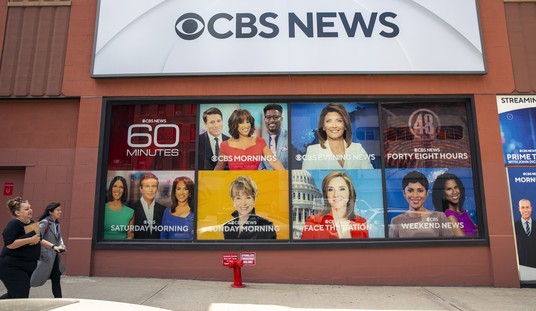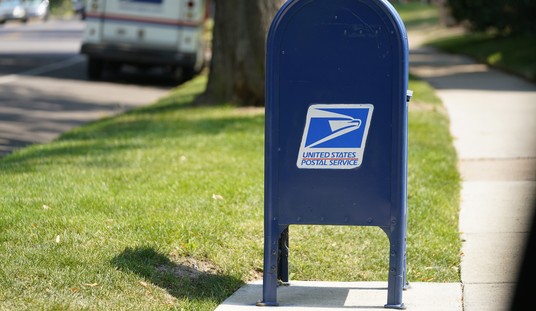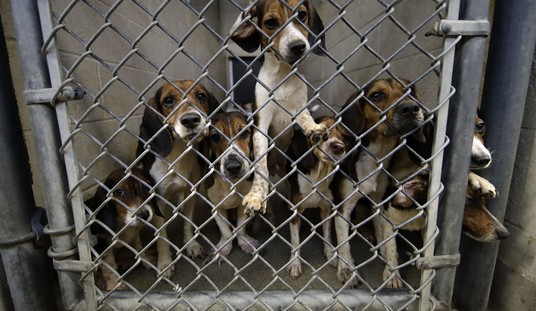It is something of an accepted idea that major urban areas have higher crime rates than the suburbs and rural areas. That's oversimplifying a complex picture; remote areas in particular tend to have higher rates of domestic issues and substance abuse than, say, affluent suburbs. But major crimes of violence, like rape, armed robbery, and homicide, do appear to be more prevalent in urban areas.
Could this be due to population density? Look back at our history; before the Industrial Revolution, most people lived a rural, agricultural lifestyle. Since then, our population has become increasingly urbanized, and crime has come along with it. But through most of human history, people lived in poverty, but it was a poverty that at least gave them room to swing a cat without hitting a neighbor.
There have been a number of studies that indicate overcrowding in humans increases anxiety and physical stress.
Effects of Crowding
In humans, overcrowding appears to result in a decline in task performance and deterioration in social behaviour. However, these effects are not universal and may depend on a range of other factors including the amount of perceived control the person has over the situation. Additionally, overcrowding may have health effects. Some of these are attributable to the stress that may result from overcrowding; others to the fact that crowded situations can facilitate the spread of disease.
Could this explain a lot of the pathologies of our major cities? To some extent, I think it can. Humans are behaviorally complex, but in some ways, we aren't as different from rats as we'd like to think. And it's well-established that overcrowding is stressful for humans, we being, by distant ancestry, creatures of open spaces.
But that's not the whole story.
See Also: Father of Katy, Texas Female Assault Victim Speaks Out Against Katy ISD, Gives Clarifying Details
Overcrowding might be able to explain some of the crime problems in our major urban areas. In American cities and in some places in Europe, there are problems not only with overcrowding but with, shall we say, cultural conflicts. While I'm unable to find a solid study on the matter, it seems that a sudden influx of people from a dramatically different culture would be as stressful, if not more so, than overcrowding alone.
But these phenomena - especially the overcrowding - aren't universal. Why? Because there are any number of places with high population densities that don't have these pathologies.
American and European cities are crowded, and many have enclaves where lawlessness is prevalent. Take Chicago, for example, where a few neighborhoods are disproportionately represented in crime statistics. These aren't necessarily the most tightly-packed neighborhoods.
On the other hand, there are major cities, mostly in Asia, where population densities are off the charts, and yet crime and conflict rates are much lower. I can name one with which I have a fair amount of personal experience: Tokyo.
The Japanese cities have very high urban densities. Dwellings tend to be tiny by Western standards. While there are some issues with high-level organized crime, petty street crime, like assault, robbery, and so on, is low. I've walked down dimly lit streets in Tokyo late at night without a care, partly, granted, because I'm something of a giant by Japanese standards, but also because anyone can do this safely.
There is an elephant in this tightly-packed room, though: Japan is an ethnically and culturally homogenous society. The prevalent religions are Shinto and Buddhism, the population being more or less equally divided between the two. Ethnically, the people we think of as Japanese originated in the Korean peninsula, although there are still a fair number of the ancient Ainu people, especially in Hokkaido.
America, of course, is an ethnically and culturally diverse society. How much difference does that make? And what are the solutions to these two problems?
The problem of overcrowding doesn't have an easy solution. From my own background in animal behavior and from over six decades of wandering around among my fellow humans, it seems one solution would be to break up some of the endless parade of buildings and produce more parks and open spaces, places ordinary folks can touch grass and see the sky. But that's an urban planning problem that won't be easy to overcome. Another solution is to isolate the people who commit crimes, and by that, I mean, incarcerate them. Too many of our urban areas suffer under weak-kneed district attorneys, prosecutors, and judges who quickly turn accused criminals back out onto the streets. It's becoming an accepted notion in many of these jurisdictions that crime does pay, that the risk of committing a robbery or carjacking is worth the reward.
The problem of clashes of culture is a harder call. The United States used to be a melting pot. Now it's a salad bowl. People used to identify as Americans first, then whatever else, be it ethnicity, religion, or origin, after. No longer. There are ethnic enclaves in many of our major cities, like Minneapolis, Dearborn, and so on, filled with people who are, in many cases, actually hostile to American culture, although they partake freely of our social welfare programs.
The solution here isn't an easy one. Incentivizing people to integrate, to become American, won't be fast, and it won't be easy. It will require a major overhaul of our urban education systems, and it will require finding a way to break up these exclusive ethnic/religious enclaves.
Until that happens, our urban centers will continue to have problems with crime and civic unrest.














